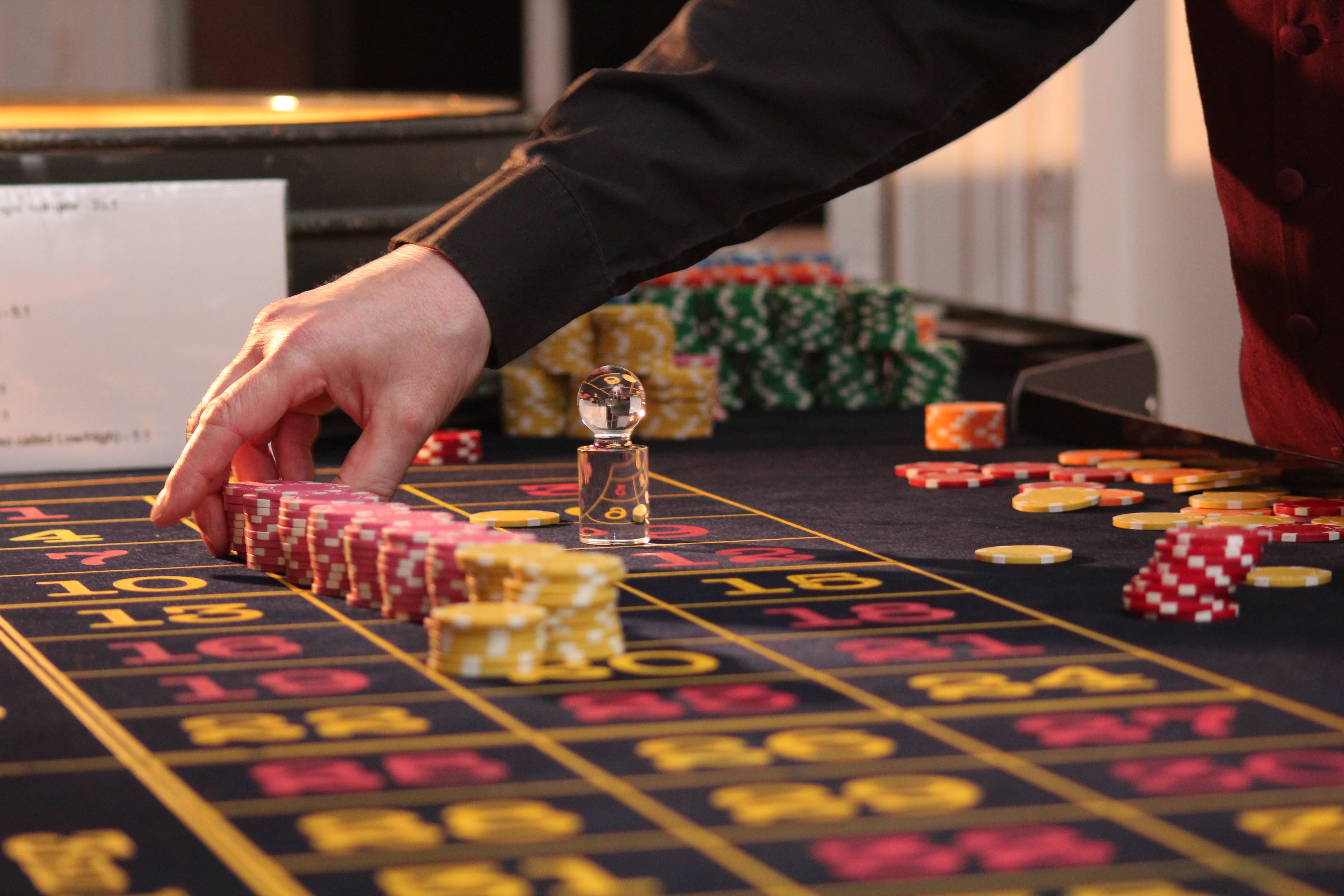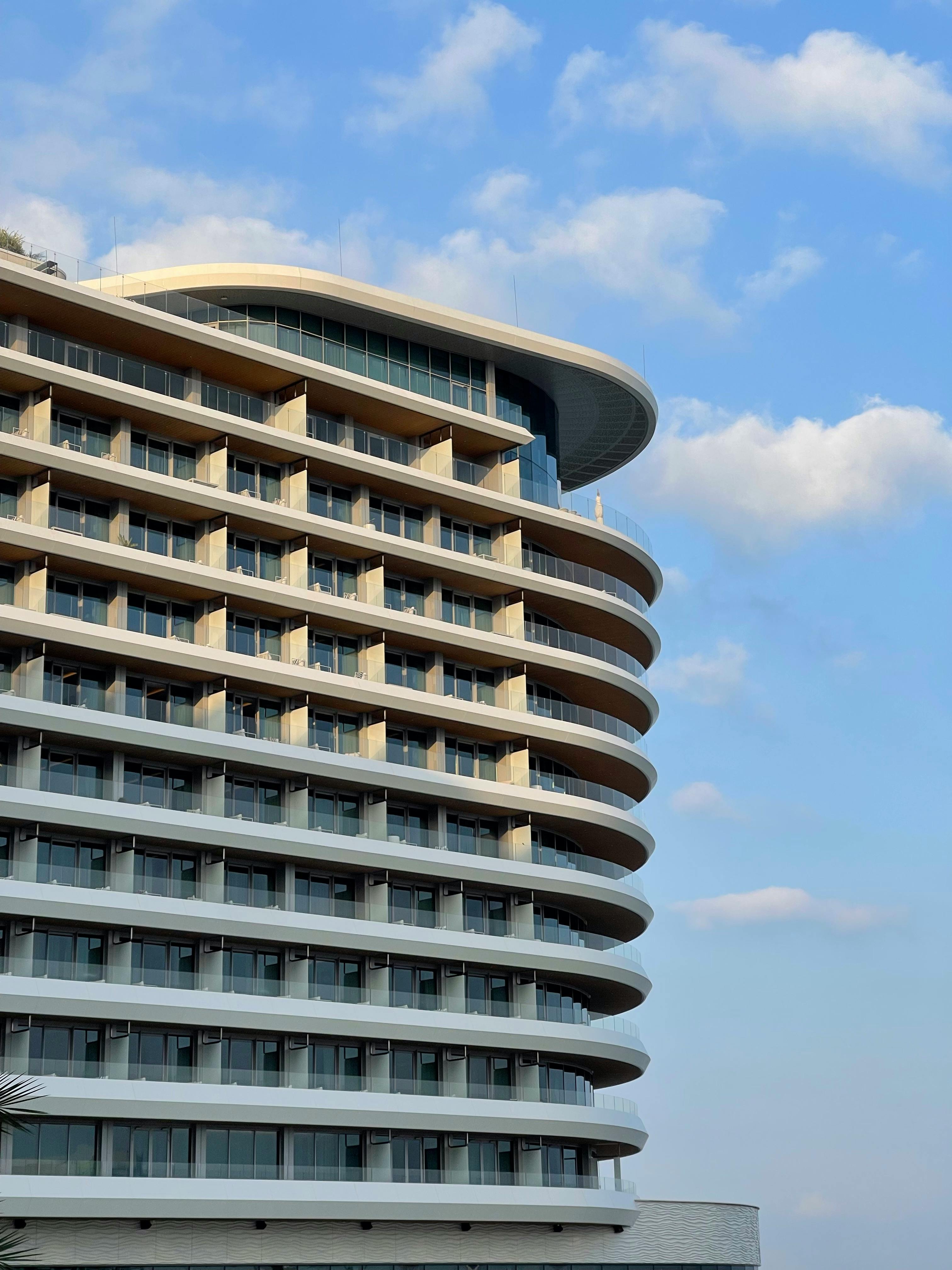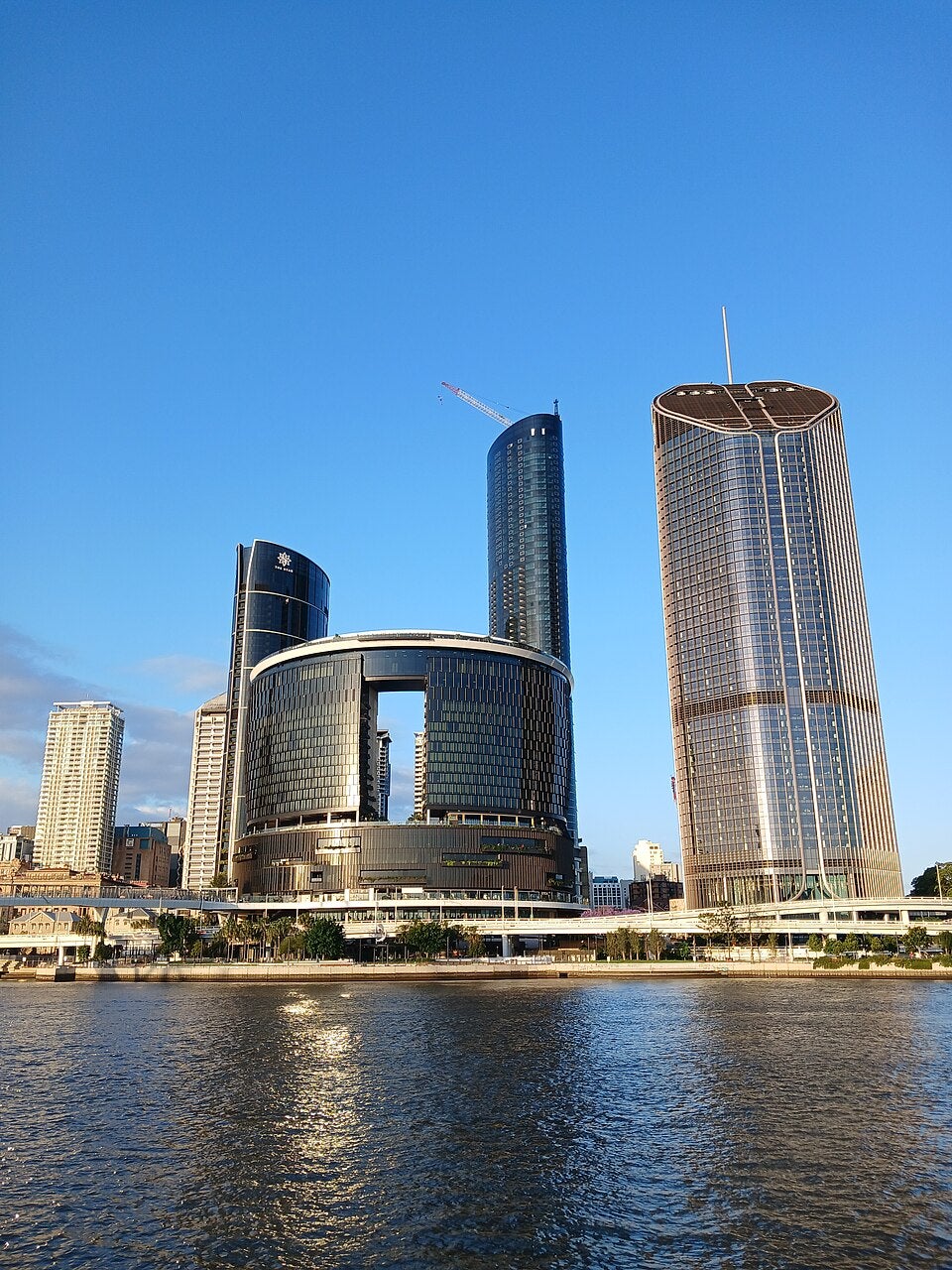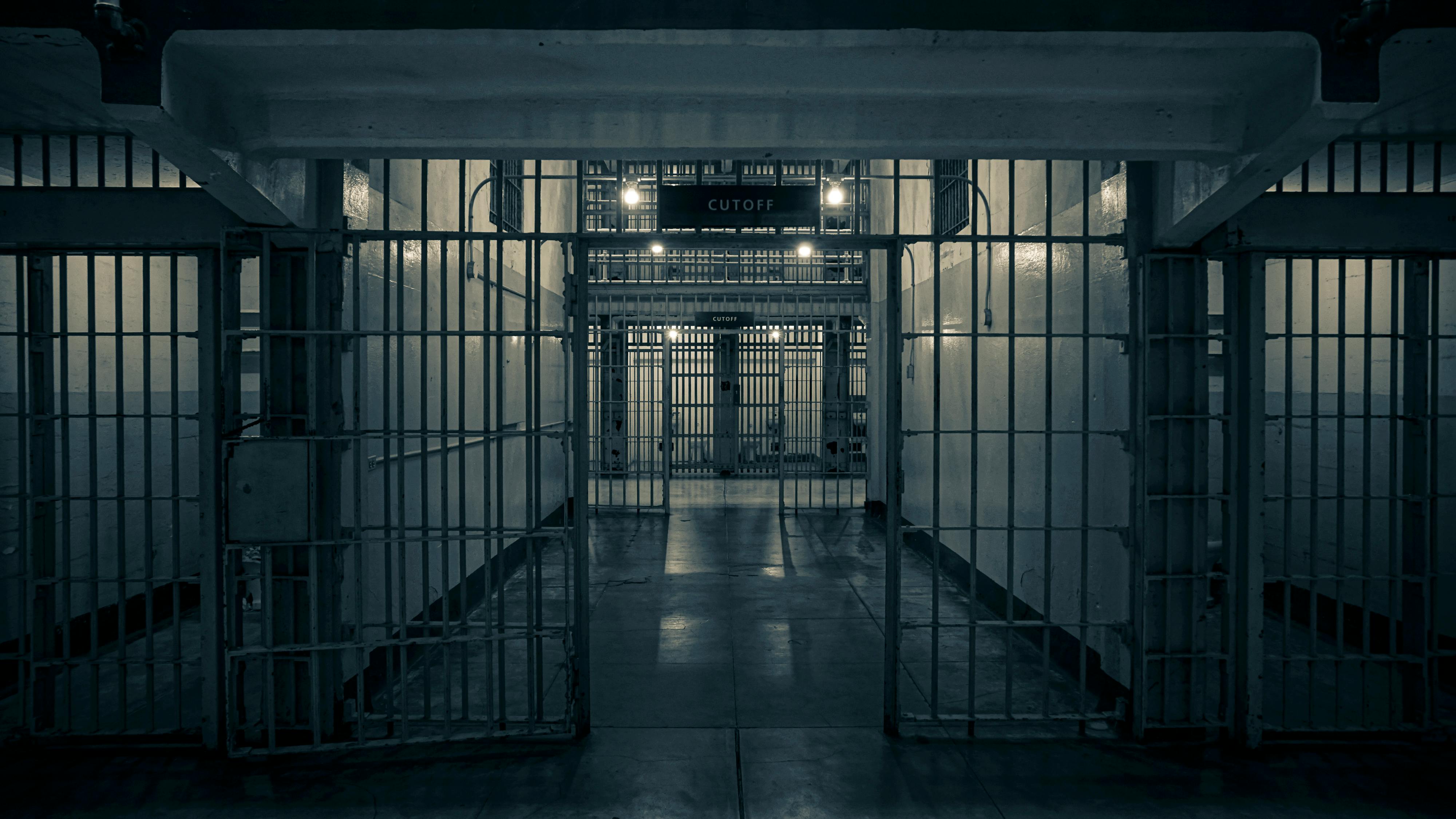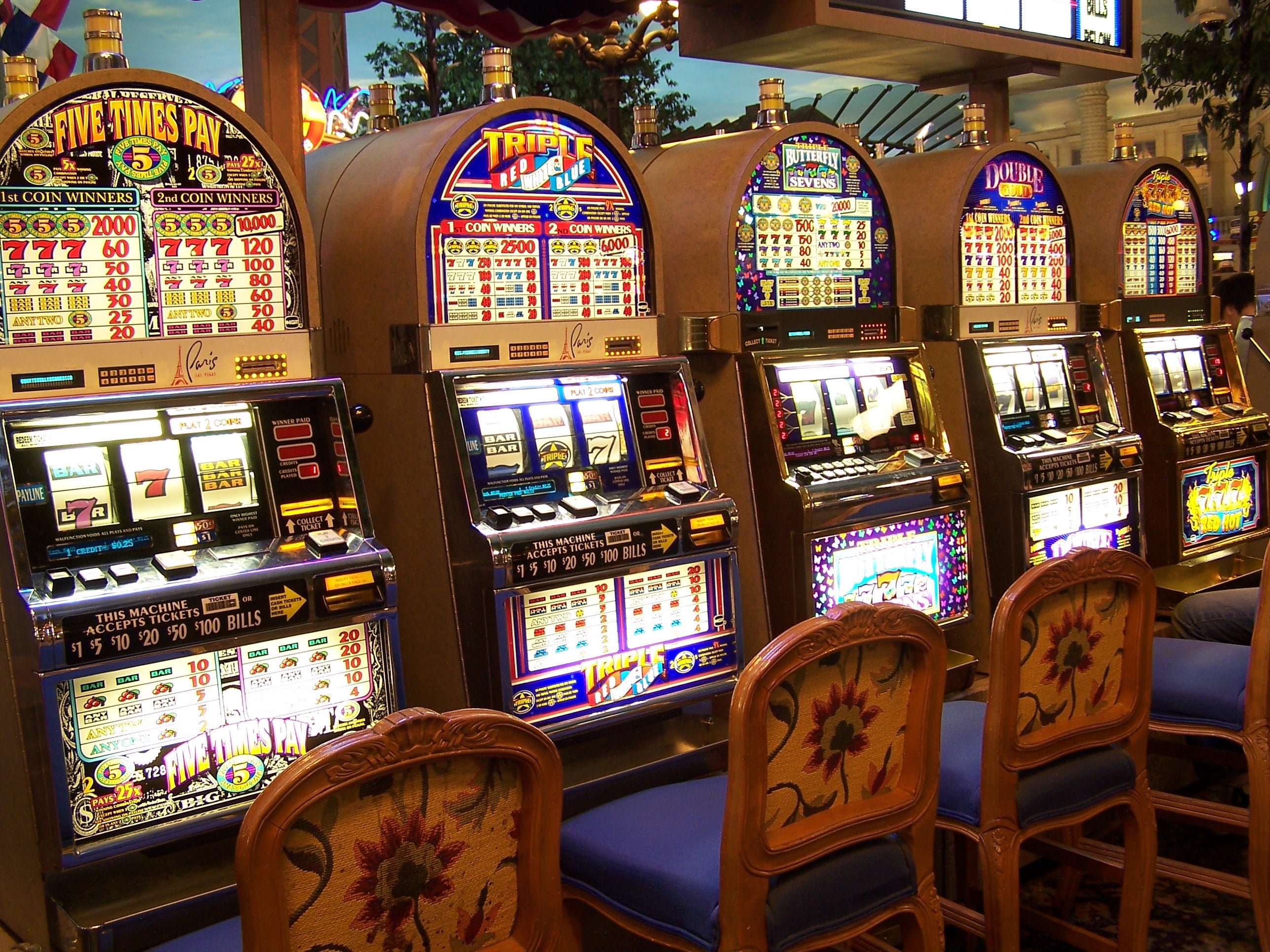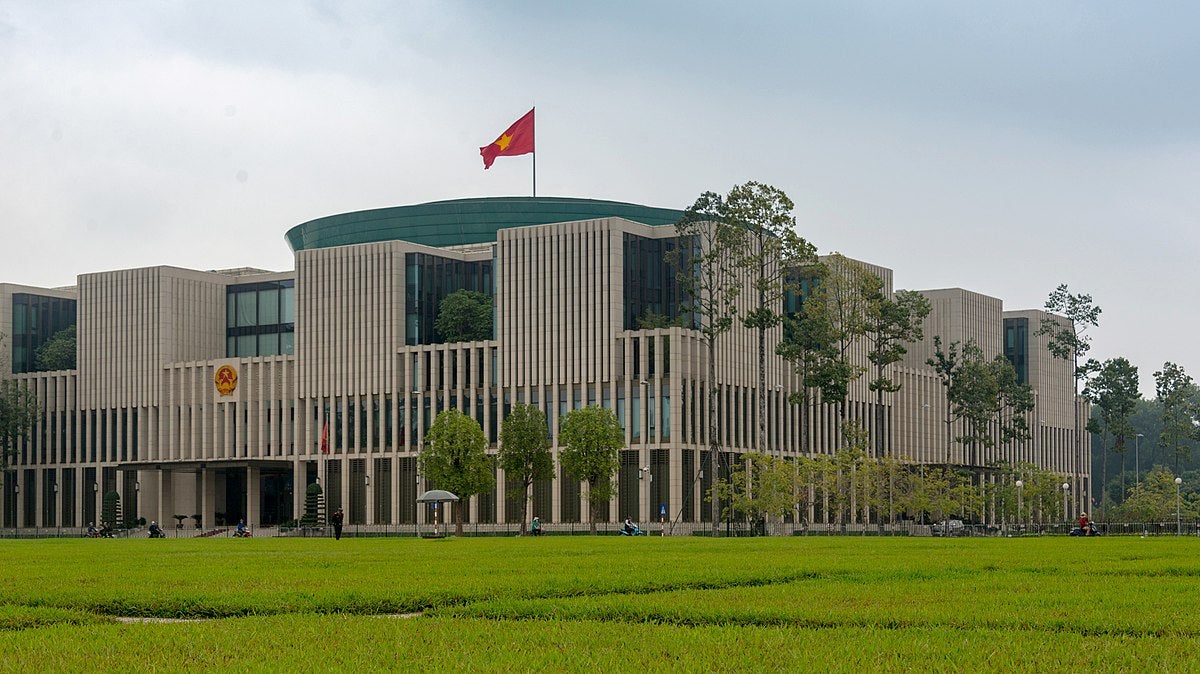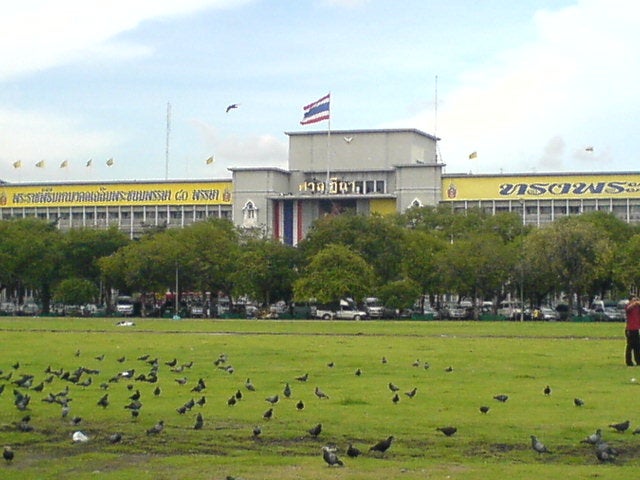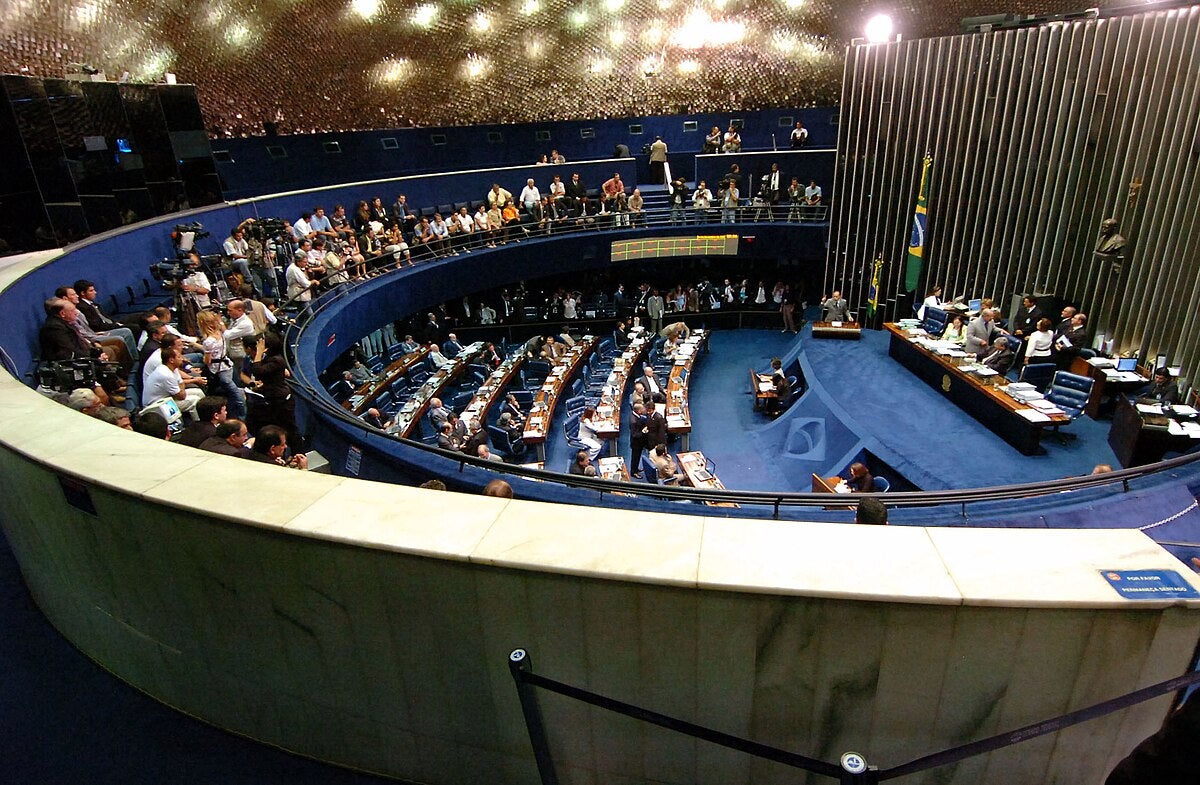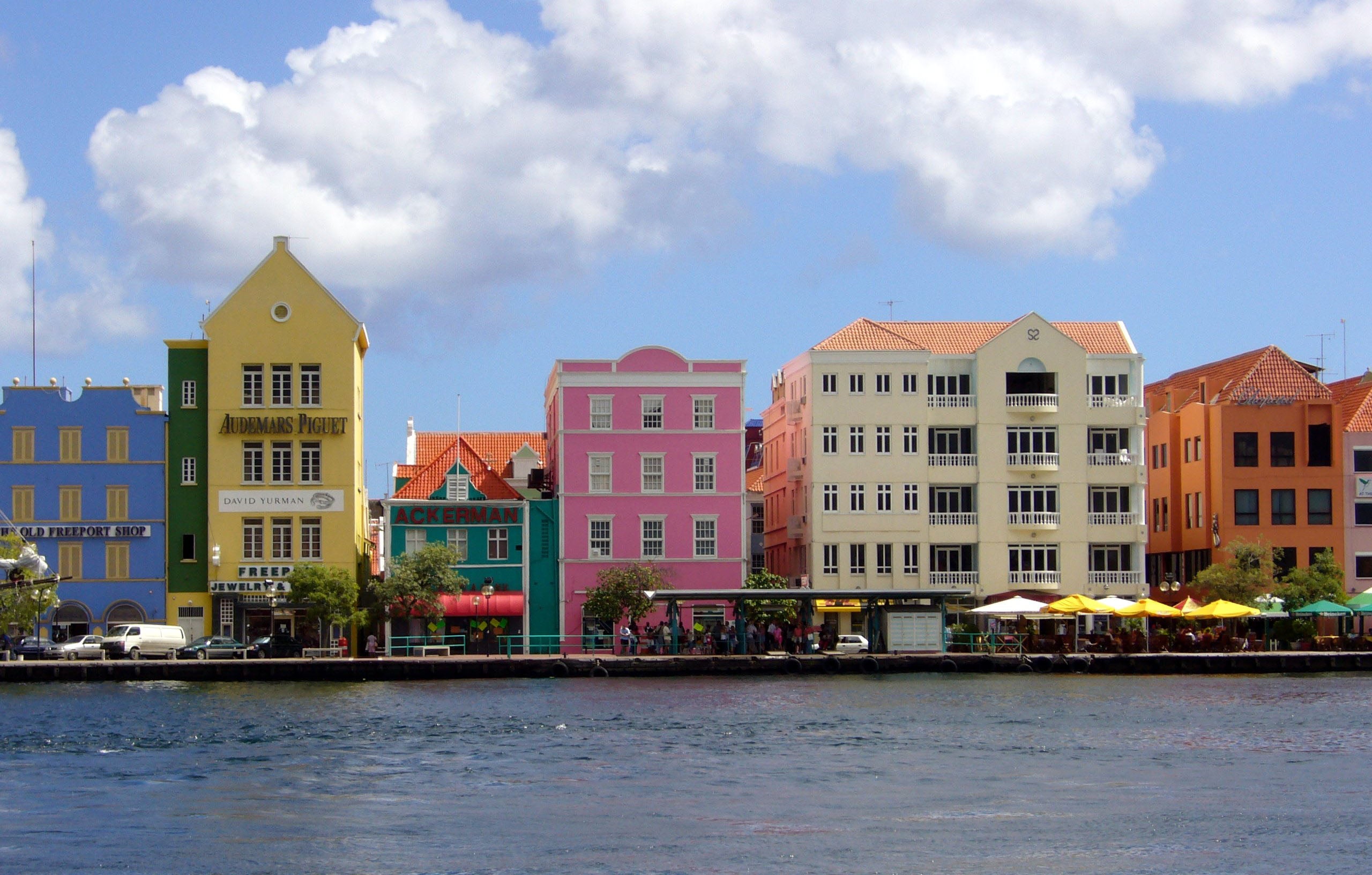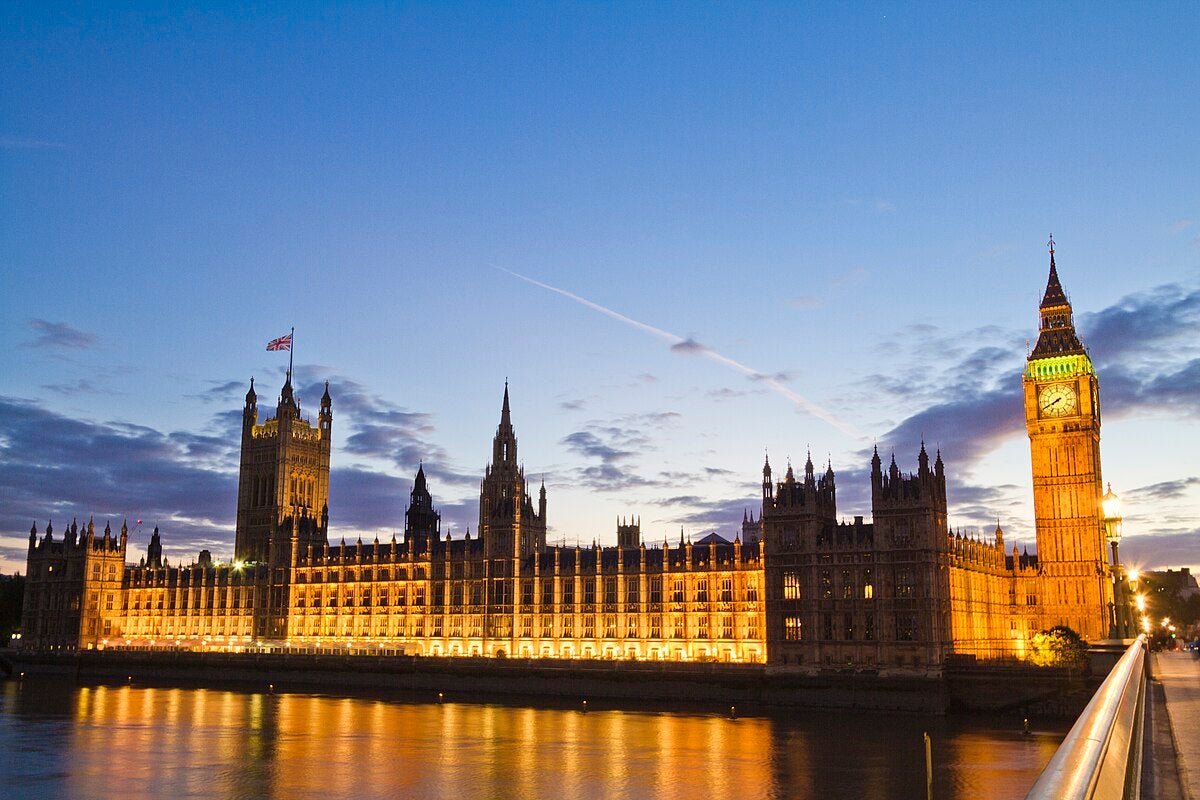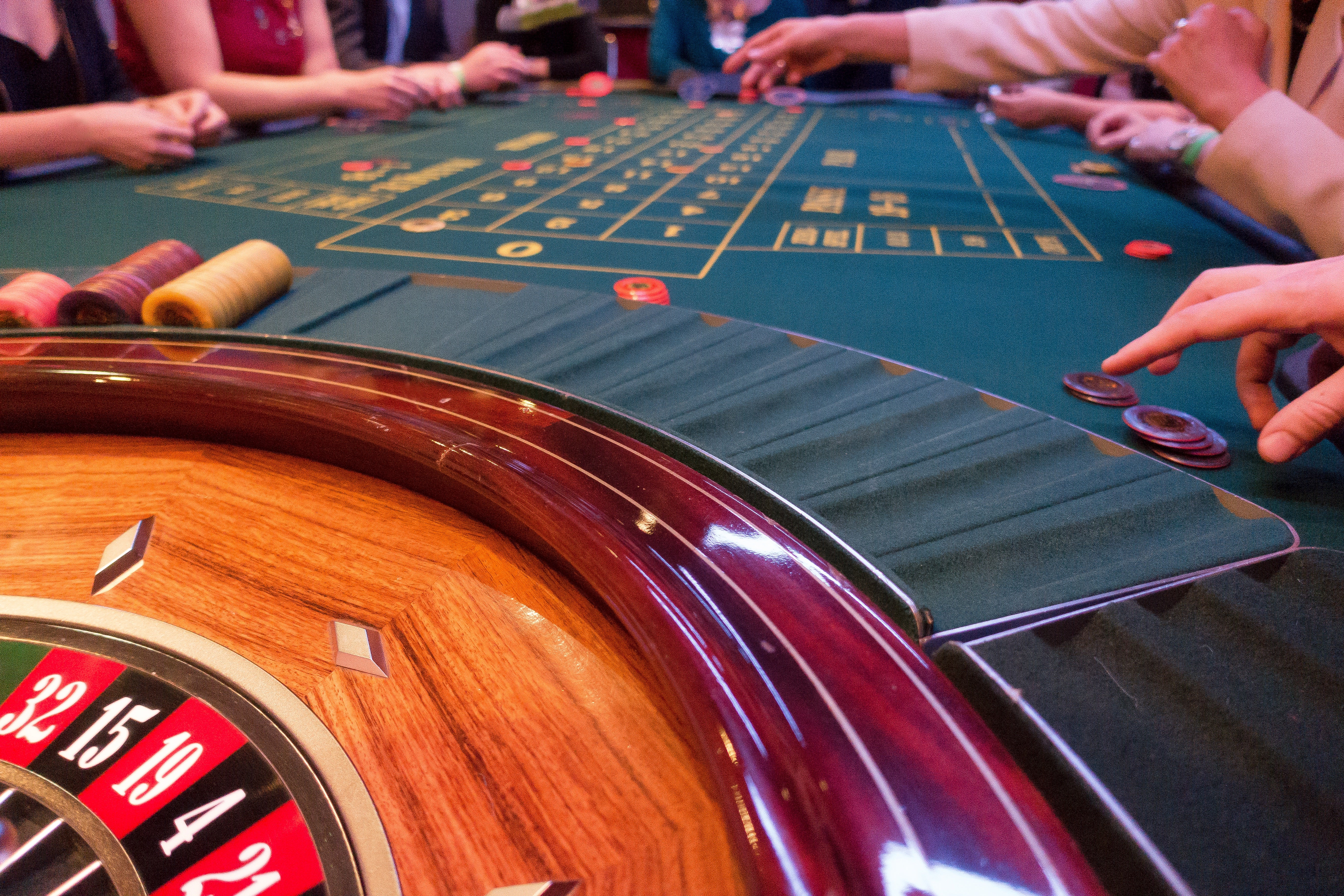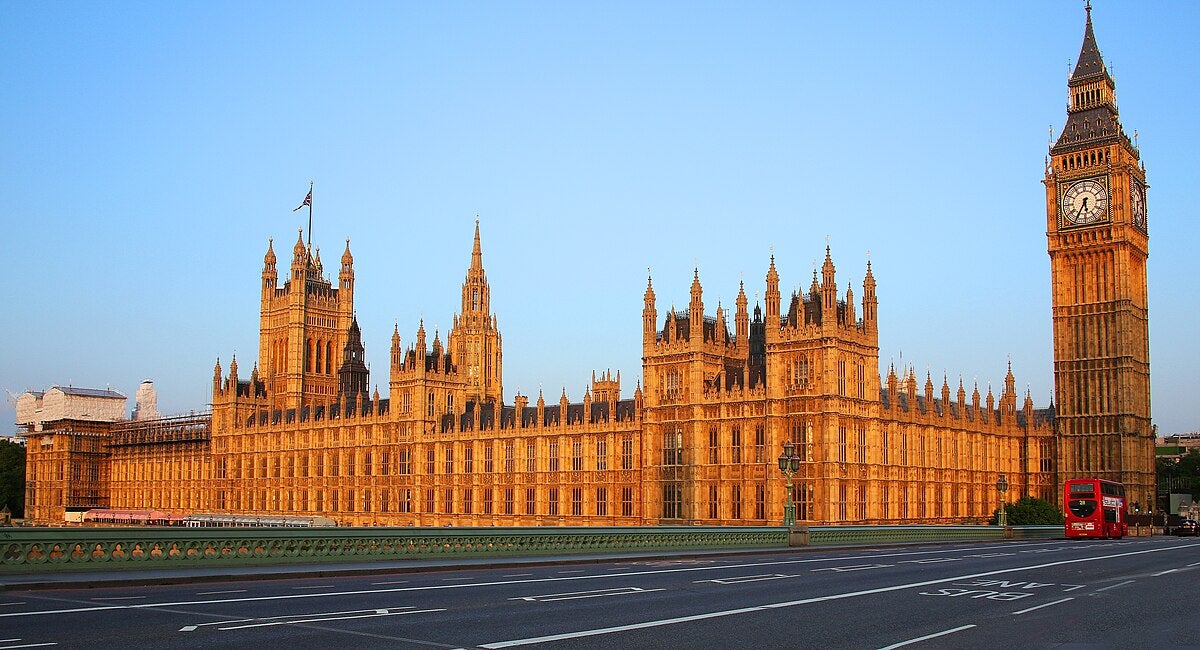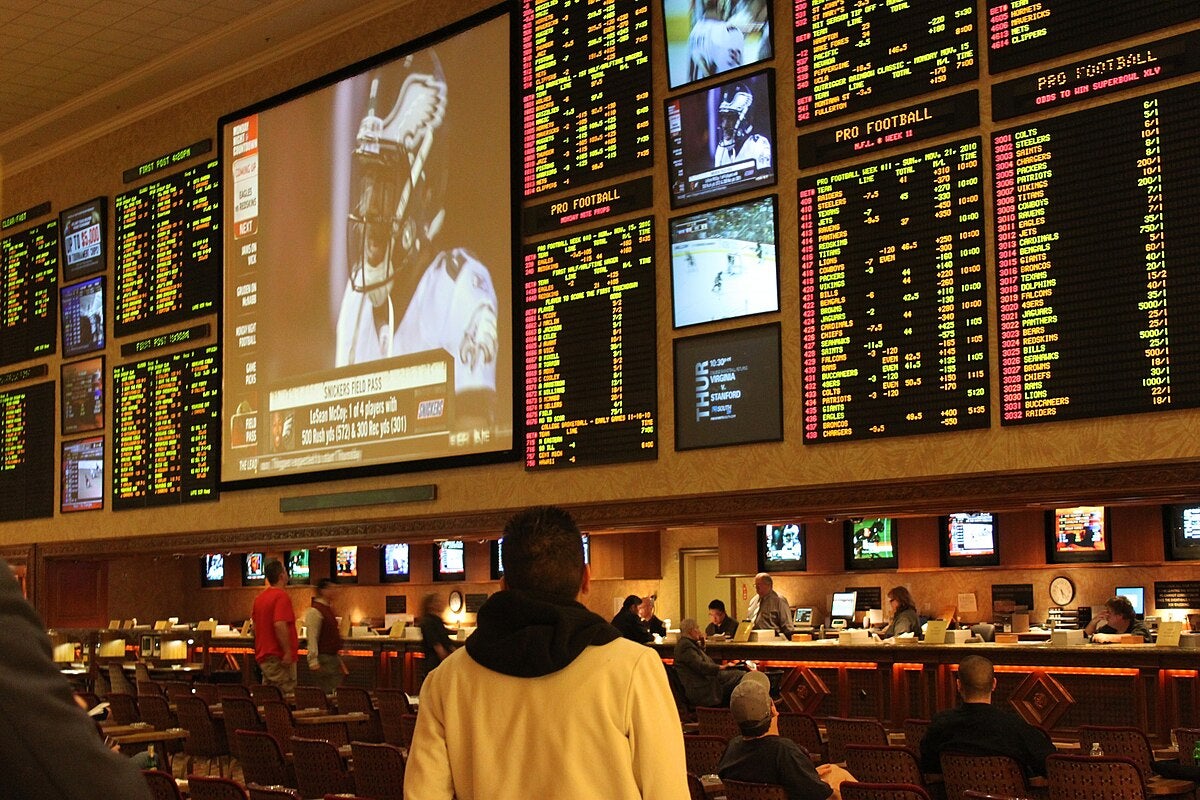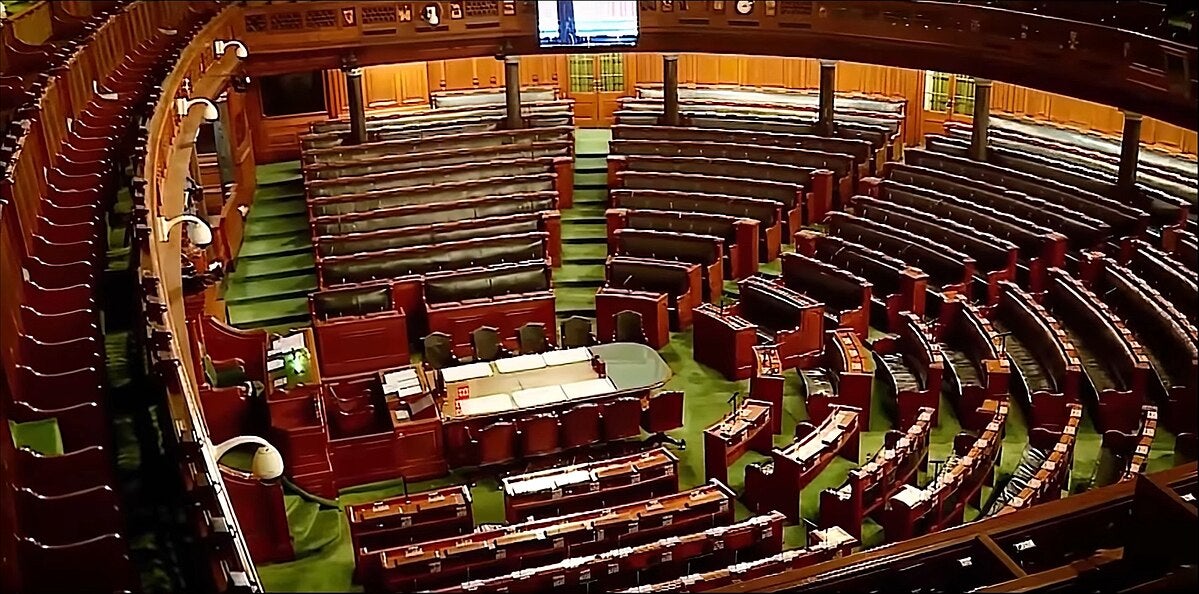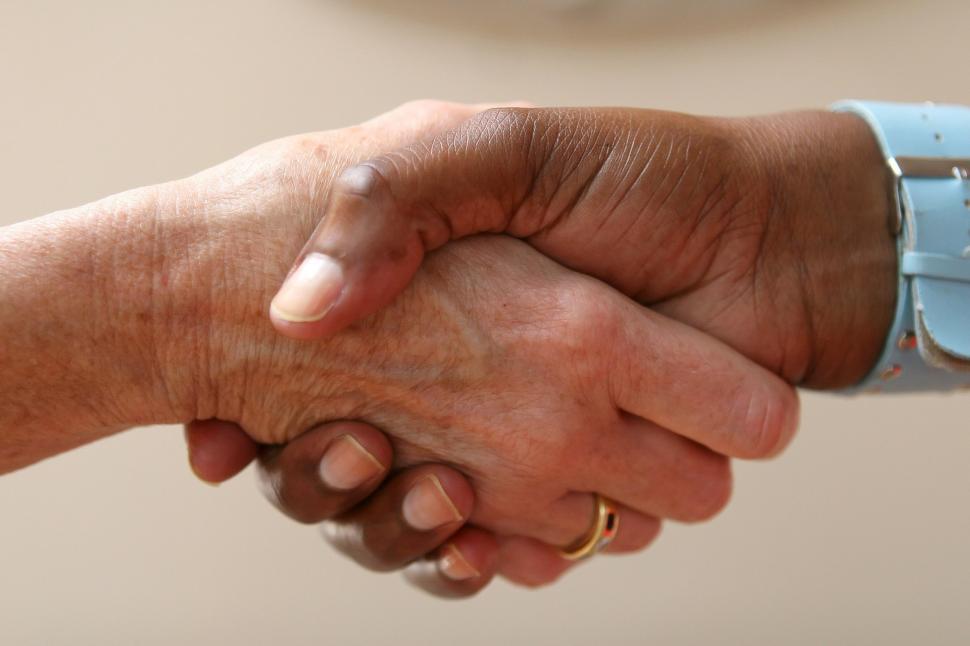Meeting Budget Targets
Latvia’s acceleration of gambling tax reforms is intended to contribute to its €565 million financial commitments for 2026. It plans to channel funds to security (€320 million), family welfare (€94.8 million), and education (€45 million).
From January 2026, interactive gambling operators will pay a 15% levy (up from 12%), while mobile-based betting taxes rise to 18% (up from 15%). Annual fees for gaming machines surge from €6,204 to €7,440, while table games go from €33,696 to €40,440.
The Ministry of Finance expects €9.2 million annual revenue gains, with €175,000 reserved for municipal initiatives. These hikes aim to balance meeting financial demands and impacting the industry.
Regulatory Merger
IAUI will be absorbed into the SRS to resolve overlaps in duties like sanctions, investigations, and anti-money laundering enforcement. Until the integration, IAUI retains licensing authority, while SRS handles taxation. Both currently share compliance powers.
The sped-up merger also aims to enhance transparency by implementing stricter controls. LETA, the country’s national information agency, notes that a restructuring is necessary under higher gambling levies to ensure collected revenues support 2026 budget goals.
Broader Tax Reforms
The gambling tax overhaul aligns with Latvia’s other financial reforms targeting tobacco and alcohol excise duties. Tobacco levies will rise 5% annually in 2026 and 2027, while spirits will face a €15 per 100-liter hike from March 2026.
Despite warnings from the Dutch Lottery and critics about players potentially migrating to the black market, authorities insist the measures will strengthen oversight and financial governance. The new system pools enforcement under one agency, but analysts question how sectors like interactive and phone-based gambling will handle the steep tax jumps.





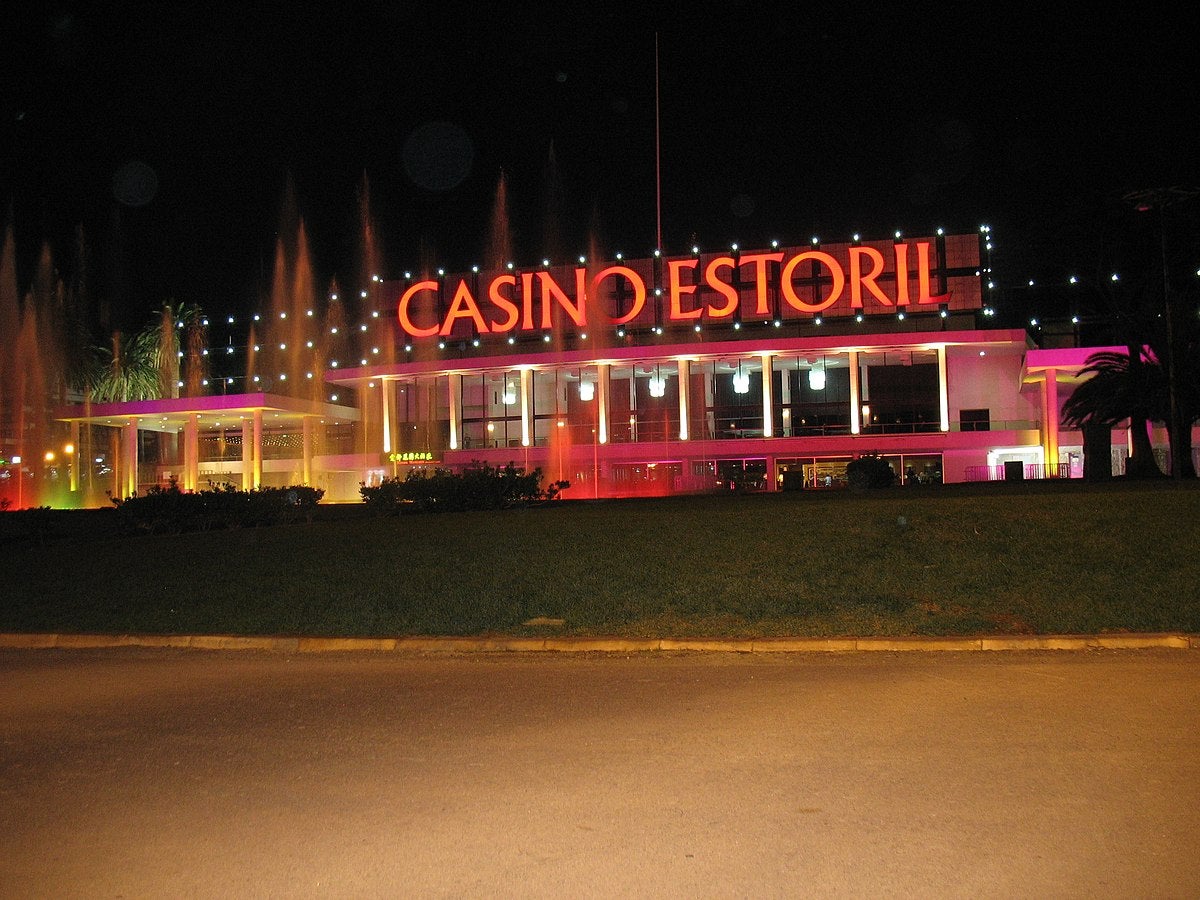
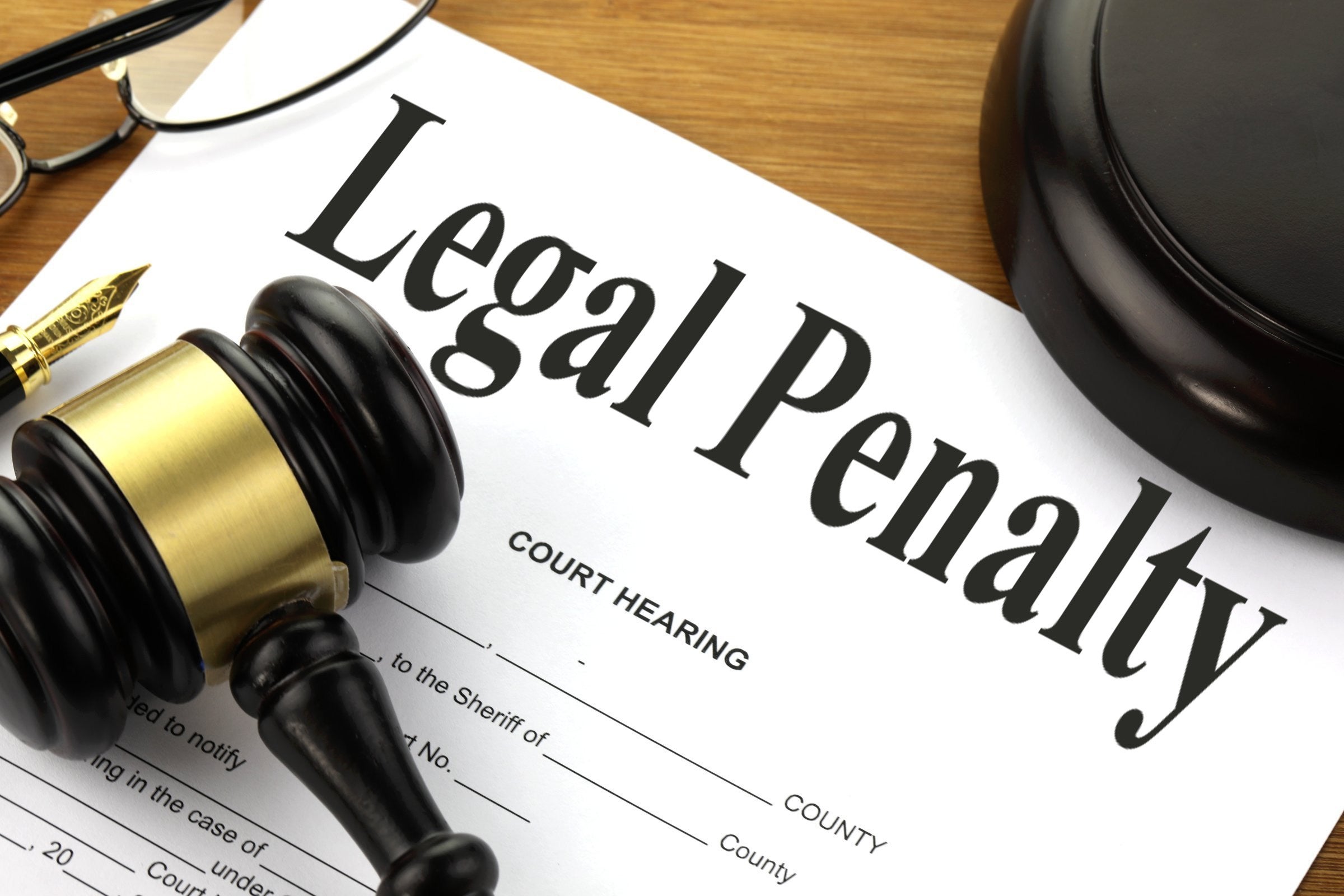

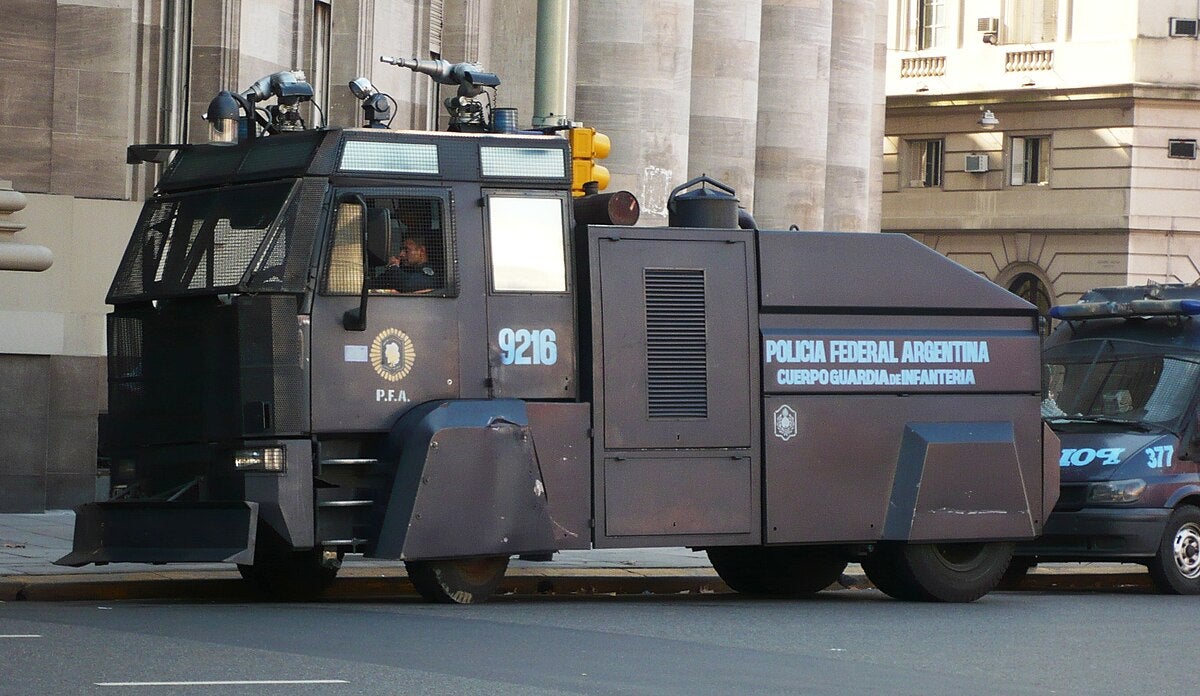

.jpg)
